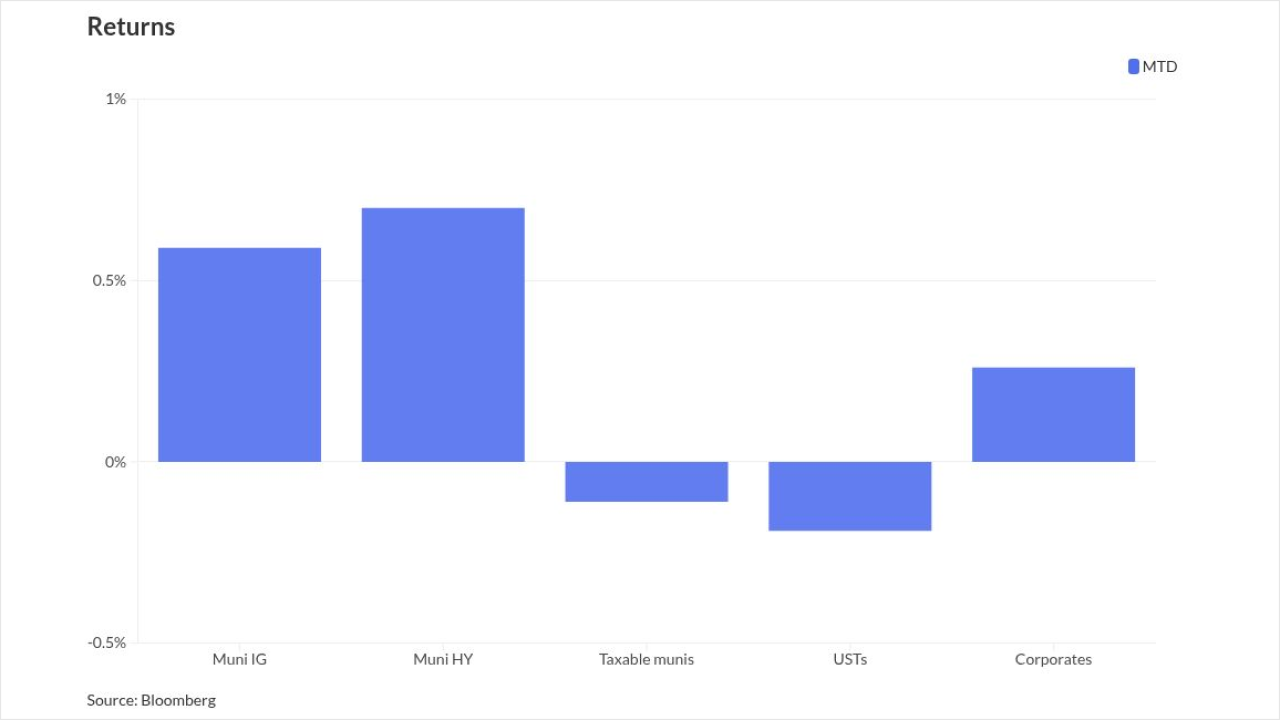
Bondholders rejected the Archdiocese of New Orleans reorganization while other parties approved it and archdiocese lawyers said a cramdown on the bondholders was "inevitable."
In a filing with the United States Bankruptcy Court for the Eastern District of Louisiana last week, lawyers for the archdiocese said 99.63% of non-bondholding creditors voted in favor of the plan. The plan specifies 10 claim classes, six of which were deemed impaired and five allowed to vote (the sixth being deemed to reject).
Fourteen of 59 bond parties voted in favor of the plan, the archdiocese attorneys reported, without revealing the portion of bond par held by the parties voting in favor.
The archdiocese and the bondholders, who are being represented by lawyers for bond trustee Argent Institutional Trust Co., have differing opinions on what is being offered to the bondholders.
There were $37.97 million of archdiocese refunding revenue bonds when it filed for bankruptcy in 2020.
The archdiocese said at the beginning of the bankruptcy it would
The archdiocese is offering bondholders eight properties it says are worth $13.1 million, including former churches, high schools, offices, and residences and $7.2 million in cash for principal to be paid out in equal annual installments over 12 years. No money would be granted for the bondholders' attorney fees or post-petition interest.
Bondholder attorneys at a hearing Thursday complained the principal payout includes no interest and current value of the payout is cheapened by the 12-year payout period. They also maintain the property is worth considerably less than what the archdiocese claims.
In Chapter 11 bankruptcy, such as this, impaired classes of parties vote on the reorganization plan unless they are getting nothing, in which case they are deemed to reject the plan. For a judge to approve a plan at least one impaired class must vote to approve the plan — this entails a majority of the class and holders of two-thirds of the class' claims by dollar value.
If a reorganization plan is approved with some classes voting against it, the classes voting against it face a "cramdown," where they are forced to accept new loan terms. Members of the impaired class could appeal to a higher court, but without a stay from the higher court, the plan is implemented.
The archdiocese's attorneys said every impaired class except the bondholder class voted to accept the offer. "The Fifth Amended Joint Plan materially improves the treatment of the bond claims by approximately $13 million, making resolicitation legally unnecessary," they said.
U.S. Bankruptcy Judge Meredith Grabill on Thursday denied the bond attorneys' request to resolicit votes or delay the upcoming confirmation hearing.
Before the judge's decision, the bond trustee said a status conference was necessary to discuss the "last-minute" changes to the treatment of the bondholders in the fifth amended plan "that materially and adversely affect the treatment of the bondholders under the plan, inject new factual and legal issues into this case and will require additional expert testimony, all of which will require additional discovery and a resolicitation of the plan to the holders of the plan to the holders of Class 6 claims."
An earlier version of the plan would have restructured the bonds into
A plan confirmation hearing is scheduled to start later this month.





